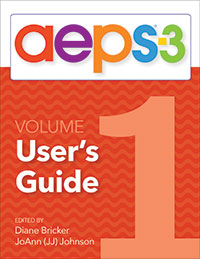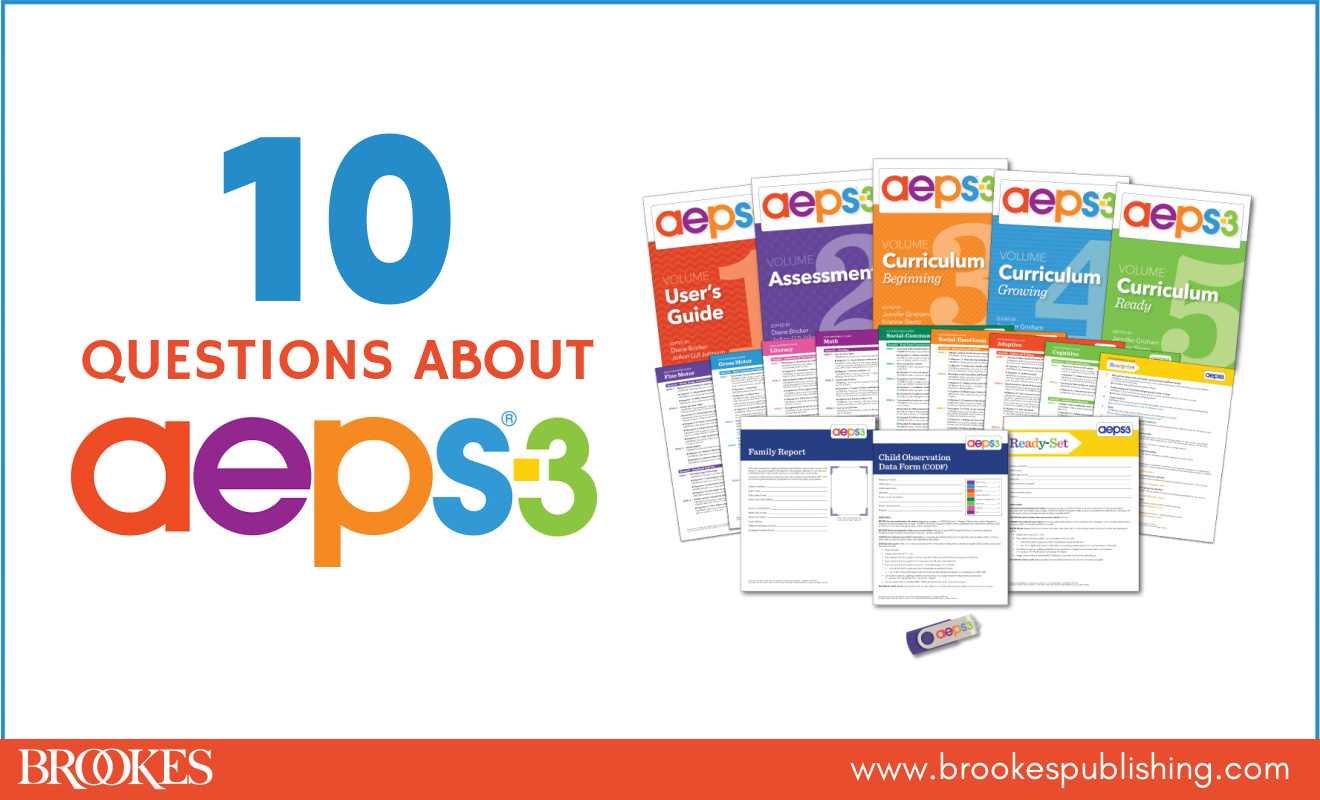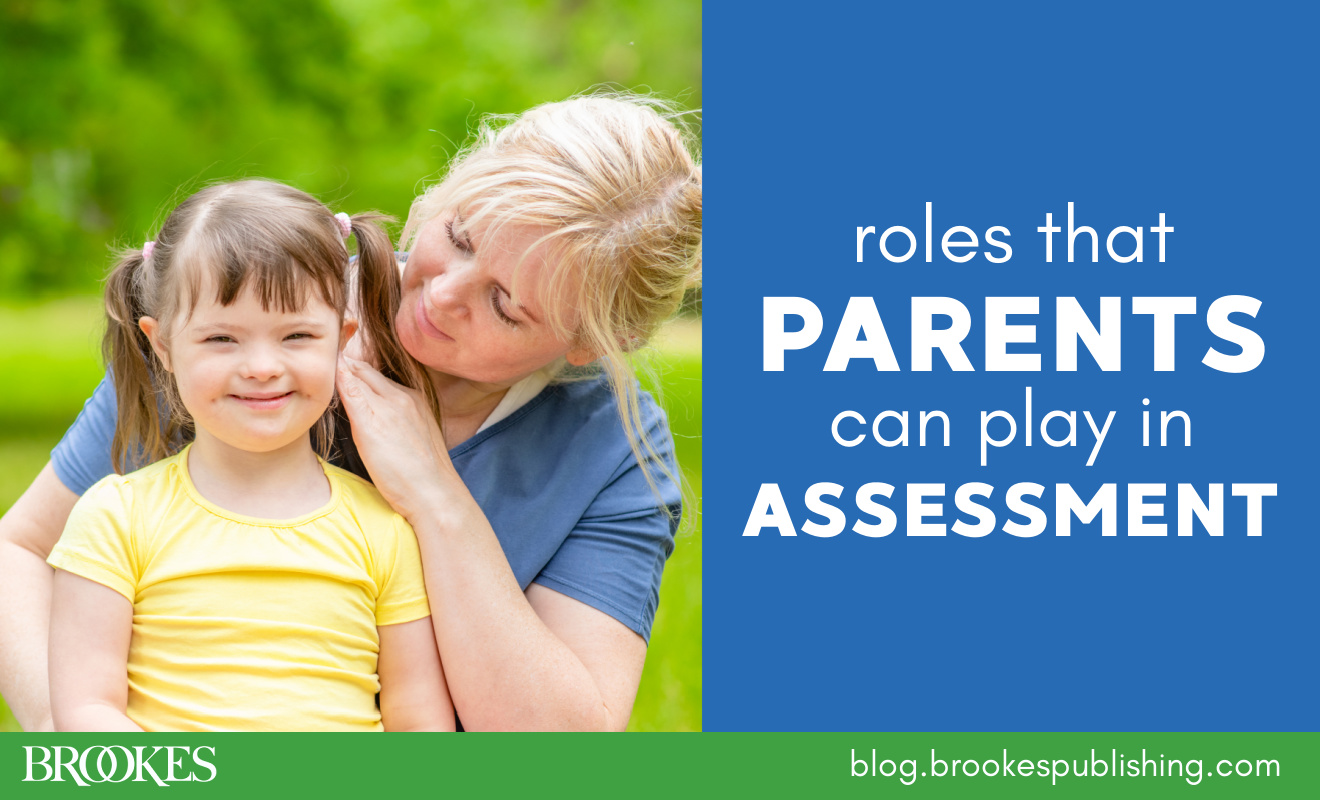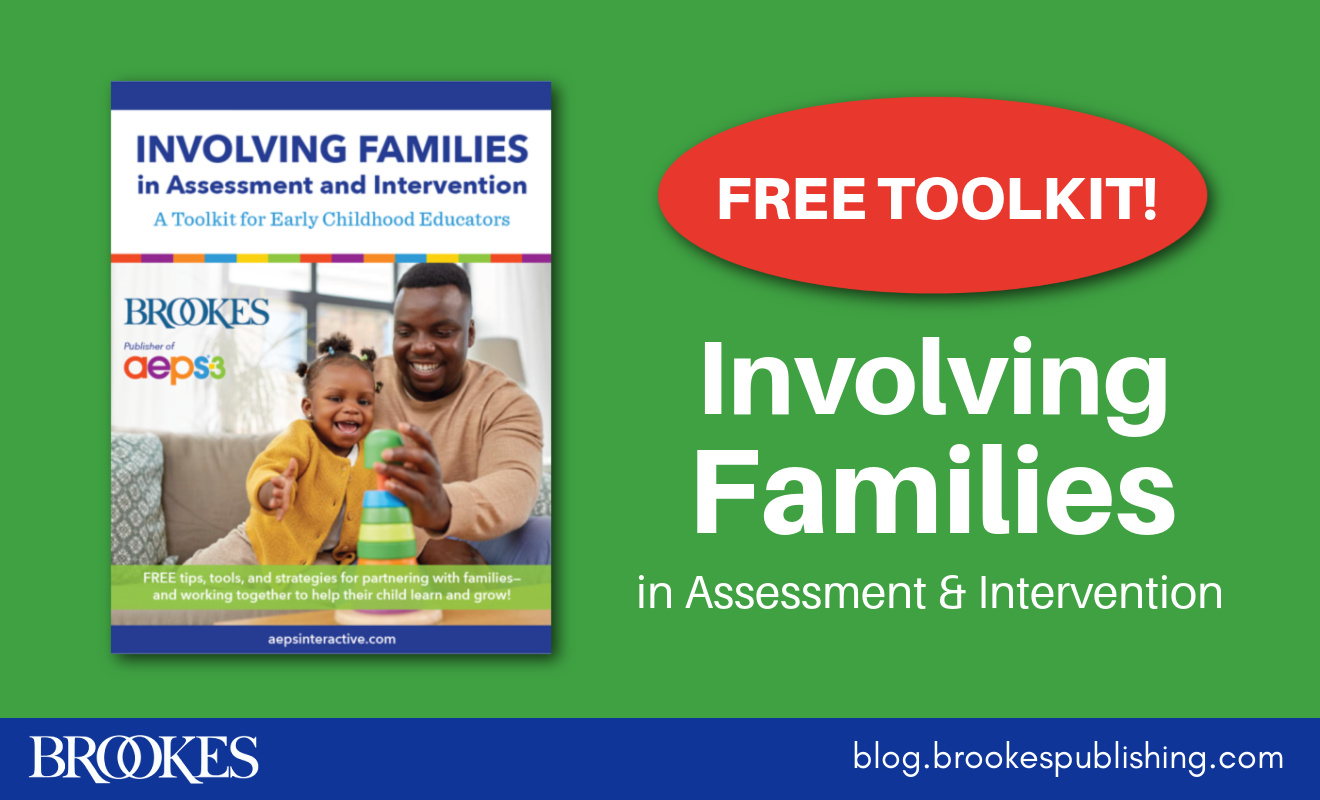7 Questions to Ask Families During an IFSP/IEP Planning Meeting
October 24, 2024
 Developmental screening and assessment are critical steps toward recognizing children’s strengths and needs and helping them make progress—and families should be actively involved in the whole process. If the results of a young child’s assessment indicate delays or disabilities that require an IFSP or IEP, your next step is to schedule a meeting with parents/caregivers to create an effective intervention plan together.
Developmental screening and assessment are critical steps toward recognizing children’s strengths and needs and helping them make progress—and families should be actively involved in the whole process. If the results of a young child’s assessment indicate delays or disabilities that require an IFSP or IEP, your next step is to schedule a meeting with parents/caregivers to create an effective intervention plan together.
Adapted from the AEPS®-3 User’s Guide, here are seven essential questions to ask families during this important planning meeting:
How would your family like to see desired outcomes achieved? Encourage the family to identify their ideal plan for helping their child make progress toward outcomes.
Which people or agencies would be willing and able to participate, and would this help? Ask families to help determine whether the participation of these people/agencies will help their family gain the information or skills they need to enhance their child’s development.
Which teaching/intervention activities are most likely to achieve the desired outcome for your child? Encourage collaborative decision-making about preferred activities, with the family having the final decision about which ones to use.
Are the activities compatible with your family’s culture? Before moving forward, talk to caregivers to be sure that selected teaching/intervention activities fit with their family’s structure and values.
What resources are needed for families to participate in teaching/intervention activities? Do families have access to them? You may have specific teaching/ intervention strategies that will help caregivers provide skill practice for the child at home. Establish up front which resources families need to complete activities, and ensure that these resources are readily available to families or easy to acquire.
Will participation by any family member adversely affect another family member? Check that the intervention plan does not isolate any family member from the rest of their family or neglect any family members. If there may be an adverse effect, is the ratio of cost to benefit acceptable to the family? If not, are there alternatives?
How will we know when the desired outcome is achieved? Which evaluation activities should we use? Write evaluation criteria in family-friendly language, and ensure that evaluation activities reflect the needs and interests of the family.





Write a Comment
Your email address will not be published. Required fields are marked *
Post a Comment